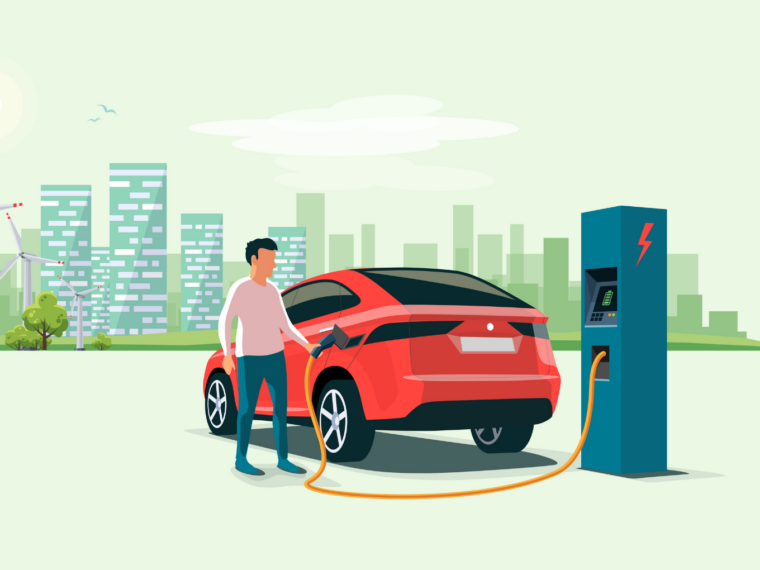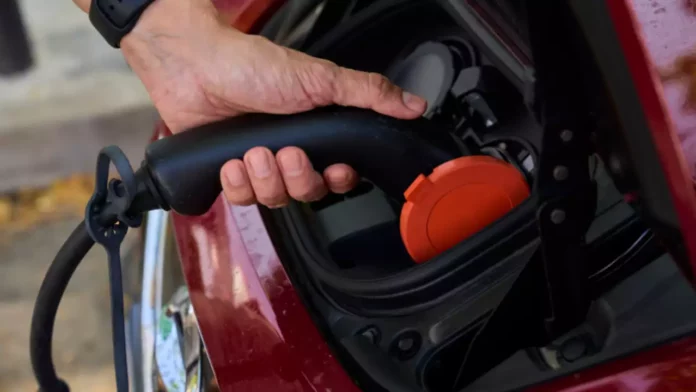E-commerce was one of the first to adopt electric vehicles and about 15 to 20% of last-mile e-commerce cargo fleets have been electrified via retrofitted solutions, ICE vehicle replacement with EVs, or EV introduction. India is making rapid progress toward EV commercialization thanks to proactive government policies.
However, the transition to EVs necessitates careful planning and consideration. We quickly realised, as an early OEM entrant into the EV market, that the entire EV ecosystem is still learning how to deploy, operate, and service electric vehicles.
The majority of logistics companies require vehicles for the first, middle, and last mile. With relatively low payloads, EVs can currently be deployed efficiently for first- and last-mile applications. However, as the technology matures, EVs will enter the mid-mile and inter-city logistics markets.
Electric vehicles require less ongoing maintenance and also a dedicated EV service network that includes driver training, fleet integration, and ongoing maintenance is required to facilitate EV adoption.

More intelligent planning is required for EV cargo fleet optimization to cover the shortest distance possible while delivering the greatest number of packages. Companies can reduce the payload and increase the range of electric vehicles by using lighter materials for both the vehicles and their packaging. Distance travelled and weight are optimised by using data analytics and algorithm-driven technological solutions.
With the right EV partners, these companies were able to convert 10%-15% of their total fleets to EV in 6-8 months and 20%-30% in just over a year, saving 70% on average in operating costs. The electric vehicle ecosystem is rapidly evolving, and companies can improve driver performance through training and the use of smarter IoT devices. The time it takes to make the change will be reduced as technology advances, and the amount of money saved will increase dramatically.
Also Read:


